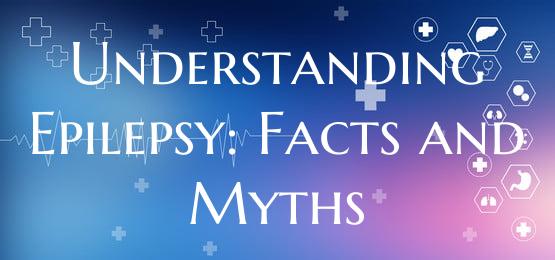
Understanding Epilepsy: Facts and Myths
Epilepsy is a neurological disorder characterized by recurrent seizures that can vary in severity and frequency. While epilepsy is a common condition affecting people of all ages, there are still misconceptions and myths surrounding the disorder. Understanding the facts and dispelling the myths surrounding epilepsy is crucial for providing support and awareness for individuals living with this condition.
Facts about Epilepsy:
1. Seizures are the primary symptom of epilepsy, but not all seizures are epileptic. Other conditions or triggers can also cause seizures. 2. Epilepsy can develop at any age, although it is commonly diagnosed in childhood or later in life. 3. Most people with epilepsy can effectively manage their condition with medication, lifestyle changes, or surgery. 4. Epilepsy is not a mental illness or a sign of intellectual disability. People with epilepsy have a normal range of intelligence. 5. Supportive environments and understanding from friends, family, and the community are essential for individuals living with epilepsy.
Myths about Epilepsy:
1. Myth: Epilepsy is contagious. Fact: Epilepsy is not infectious and cannot be spread from person to person through contact.
2. Myth: People with epilepsy cannot lead a normal life. Fact: With proper management and treatment, many individuals with epilepsy lead fulfilling lives, including pursuing education, careers, and relationships.
3. Myth: Seizures always involve convulsions. Fact: Seizures can take many forms, including staring spells, unusual movements, or changes in sensations or emotions, without convulsions.
4. Myth: People with epilepsy should avoid all physical activities. Fact: While some activities may need to be approached with caution, many individuals with epilepsy can safely participate in sports and exercise with proper precautions.
5. Myth: Epilepsy is a rare condition. Fact: Epilepsy is more common than many people realize, affecting approximately 1 in 26 people at some point in their lives.
Education and awareness play a vital role in breaking down stigmas and supporting individuals with epilepsy. By understanding the facts and dispelling the myths surrounding epilepsy, we can create a more inclusive and informed society for those living with this condition.